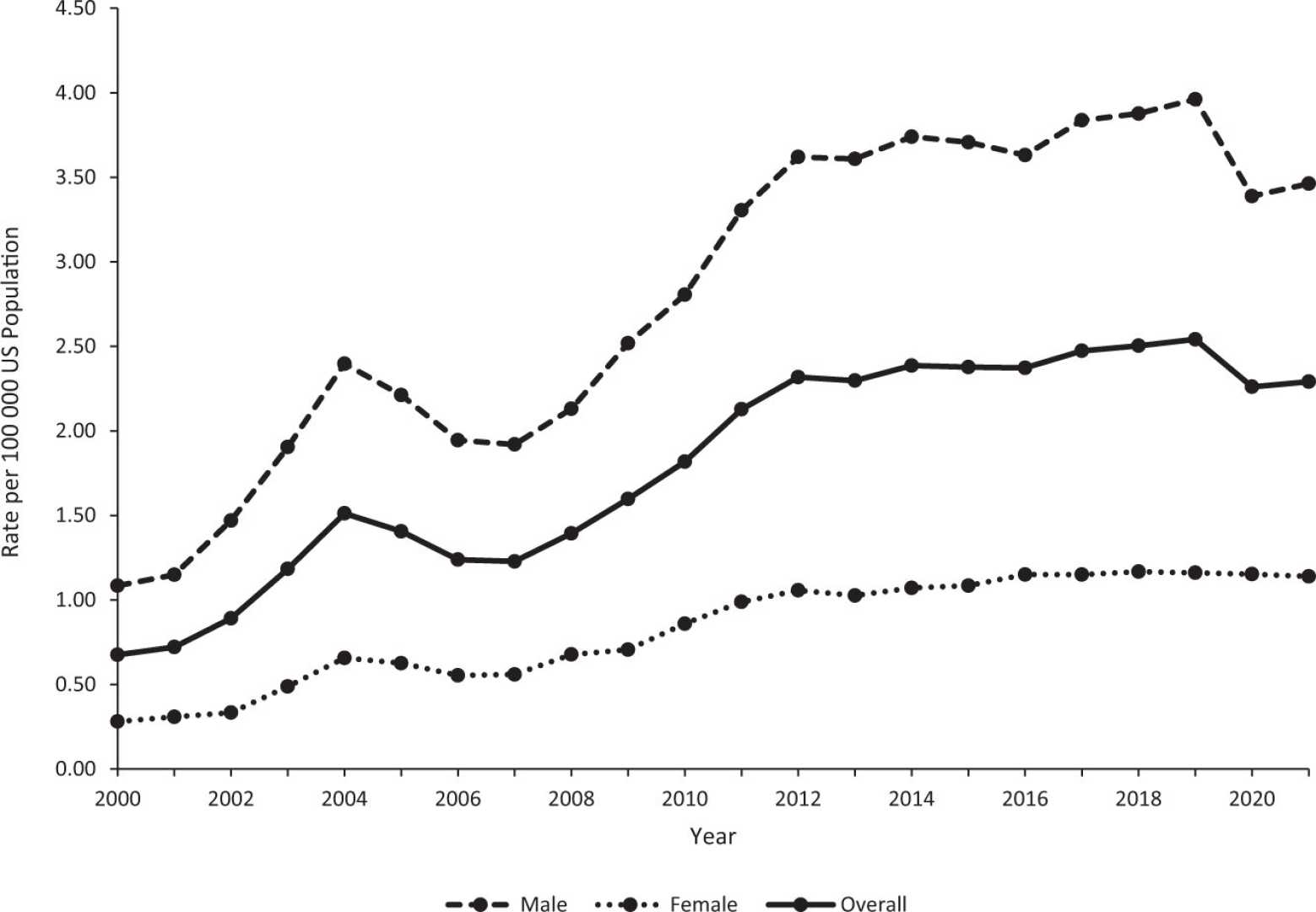Health
Study Links ADHD Medication to Lower Risk of Suicidal Behaviors and Criminality

Stockholm, Sweden — A recent study found that drug treatment for attention deficit hyperactivity disorder (ADHD) significantly reduces risks of suicidal behaviors, substance misuse, transport accidents, and criminality in individuals newly diagnosed with the condition.
The research, published in the British Medical Journal, highlights the potential benefits of medication beyond managing core ADHD symptoms. An estimated 5% of children and 2.5% of adults worldwide have ADHD, with diagnoses increasing over recent years.
Conducted by researchers from Southampton University and the Karolinska Institute, the study analyzed health records of 148,581 individuals aged six to 64, focusing on those who started drug treatment. It found that ADHD medication was linked to a 17% reduction in suicidal behaviors, 15% for substance misuse, 12% for transport accidents, and 13% for criminality.
“Now we have evidence they [drugs] can reduce these risks,” said Prof. Samuele Cortese, a lead researcher. The findings suggest that medications can reduce impulsive behavior, which is often linked to accidents and aggressive actions leading to criminal behavior.
The study’s results are significant because they indicate that while ADHD medications help alleviate symptoms, they also have the potential to improve broader life outcomes. However, access to these treatments varies widely across countries, with some experiencing shortages.
Prof. Stuart Kinner from Curtin University emphasized the importance of diagnosing and treating ADHD to prevent negative life outcomes, noting that untreated individuals often self-medicate or face incarceration.
Despite the positive findings, the study does not confirm that medications are the sole cause of observed behavior changes, as genetics and lifestyle may also influence results. Still, the research adds to the understanding of ADHD treatment’s impact on individuals’ lives. “If left untreated, there will be unfortunately some risk,” Cortese warned.
As ADHD continues to be a topic of extensive debate regarding diagnosis and treatment, these findings could help inform families and policymakers about the broader implications of effective treatment.












